Why Do I Feel So Tired After Weight Loss Surgery?
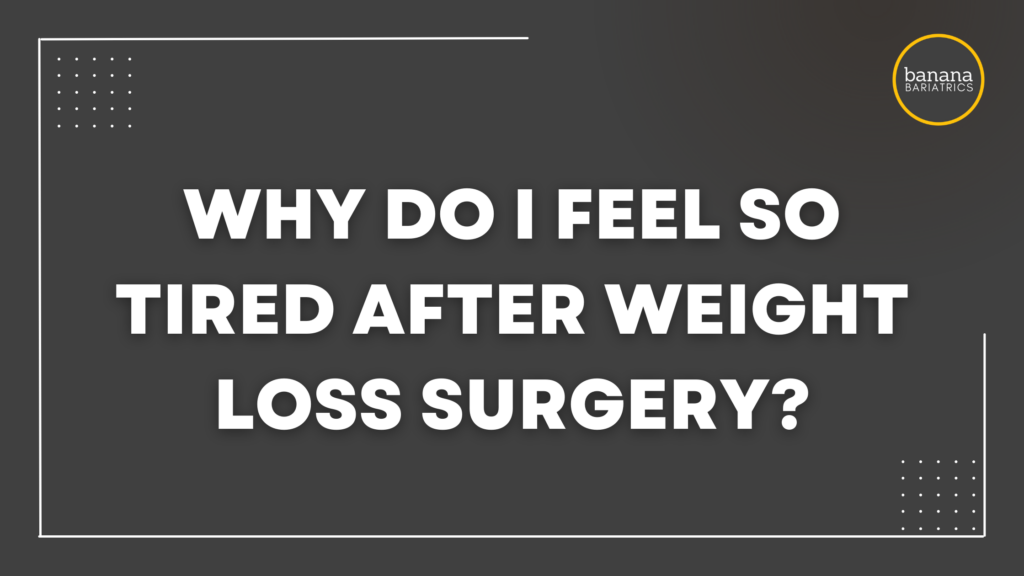
In the beginning phases right after surgery, it is not uncommon to feel exhausted, tired, and fatigued. This can be due to many nutritional reasons that will improve with time. In this blog post, we are going to break down the most common reasons why you may feel so tired after weight loss surgery and offer you simple action steps to take that can help you recover additional energy.
Low Calorie Consumption After Surgery
When the fatigue can feel extreme right after surgery, it is likely first related to low calorie intake. Most patients are started on a 2-week liver shrink diet prior to surgery and then followed with slow diet advancement for about 4-6 weeks up to a regular staged bariatric diet. It is not uncommon for me to hear patients say that even at this mark (~1-2 months after surgery) that they are struggling to get in 1,000 calories comfortably each day.
Depending on the type of surgery you’ve had- and whether or not you’ve had a simultaneous hiatal hernia repair- this inability to eat beyond 1,000 calories can be normal. As time goes on, your sleeve / pouch will relax a bit, allowing you to accommodate eating higher volumes of nutrient dense foods, making it easier to consume additional calories each day. In doing so, your body will be provided with additional fuel and energy that will alleviate some of your fatigue.
Medical Reasons For Feeling Tired After Weight Loss Surgery
Right after surgery, the most important bariatric guideline that we reinforce with our patients is hydration. It is imperative to prioritize staying hydrated. Ensure that you are consuming > 64oz of water (or clear liquids) and that you are urinating frequently throughout the day. You’ll know you’re hydrated if your urine is clear and dilute in color.
Aside from dehydration, there are a few other medical reasons that may play a role in fatigue after surgery, such as:
- Obstructive sleep apnea (and discontinuing CPAP use too early)
- Iron deficiency
- Anemia
- Hypothyroidism
- Vitamin B12 deficiency
- Folate deficiency
- Low blood sugar levels
Ensure that you are following up with your Primary Care Provider around the first month after surgery to make sure your medications and treatment plans are current and medically necessary.
How Do I Get My Energy Back After Bariatric Surgery?
To keep things simple, stick to the “bariatric basics.” Ensure that you’re consuming at least 1,000-1,200 calories per day from nutrient dense whole foods whenever possible. Aim for 80g of protein daily as well and use a protein shake as needed to help you reach your protein goal.
If you exercise often and at a moderate to vigorous activity level, you will likely need a bit more calories and additional grams of protein to meet your exercise needs. It is important to speak with a bariatric registered dietitian to determine your exact calorie, macronutrient, and protein needs. If you are unable to meet the calorie, hydration, and protein needs of your exercise routine, you may need to pull back on your workouts in order to preserve energy and not burn yourself out.
Aside from nutrition and exercise adjustments, make sure you are taking the correct bariatric vitamin regimen daily. After surgery, all bariatric patients are required to take 3 vitamins for life: bariatric multivitamin, iron, and calcium. Switch and SADI-S patients need additional fat-soluble vitamins ADEK included as well.
Despite making all of these changes, if your energy is still flagging, speak with your bariatric team about collecting a panel of labs. Your bariatric team will usually include additional hormones, vitamins and minerals into your lab panel than what is traditionally collected by your Primary Care Provider, so it is important to coordinate your lab work with your bariatric team as needed.
In Summary
Feeling tired after weight loss surgery is a common complaint brought up in clinic during the first few months after surgery. This is typically a result of being in a calorie deficit that likely started while being on the liver shrink diet prior to surgery. Simple action steps to take to feel re-energized and less fatigued include making sure you’re doing all of the bariatric basics consistently (ie: drinking >64 oz of water, eating 80g of protein, and taking your vitamins daily), finding a healthy balance of exercise that can match your calorie and nutritional intake, speaking with your Primary Care Provider about some of your medical conditions, and reviewing the need for lab work with your Bariatric Surgery team.
Struggling With Your Protein Goals?
We know it can feel like a full time job trying to hit your protein and water goals right after surgery. As a result, we’ve created a FREE downloadable high protein resource that will help you:
- Identify high protein sources from nutrient dense foods
- Understand the exact protein amounts per serving from every food group
- Create easy “grab-and-go” high protein snacks
- Make grocery shopping seamless, with a printable shopping list


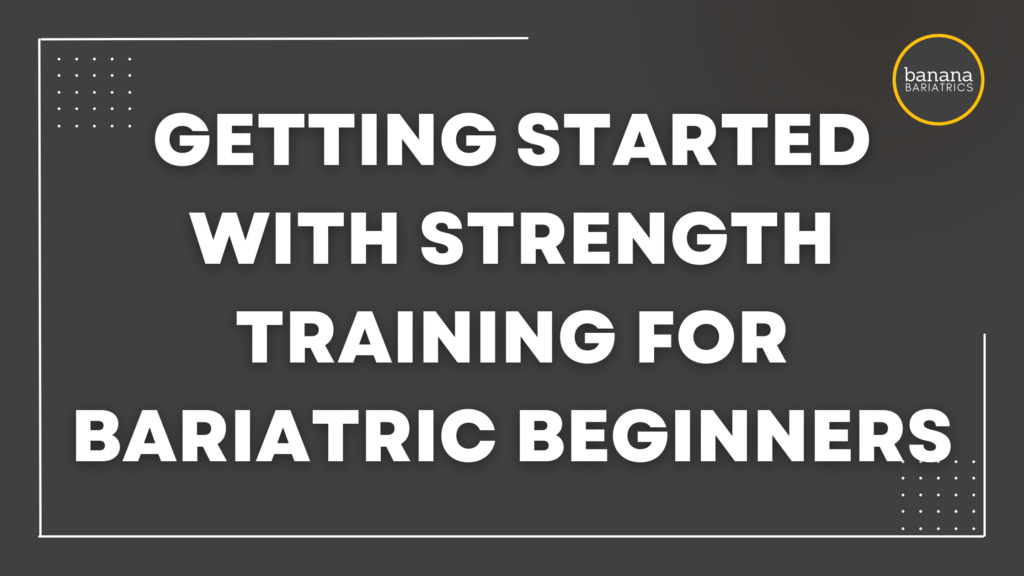
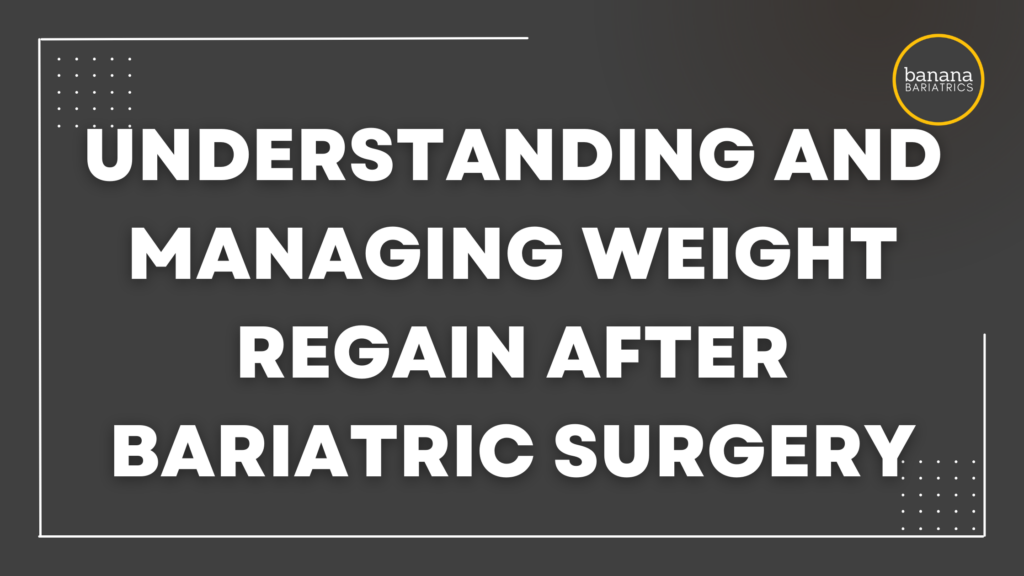
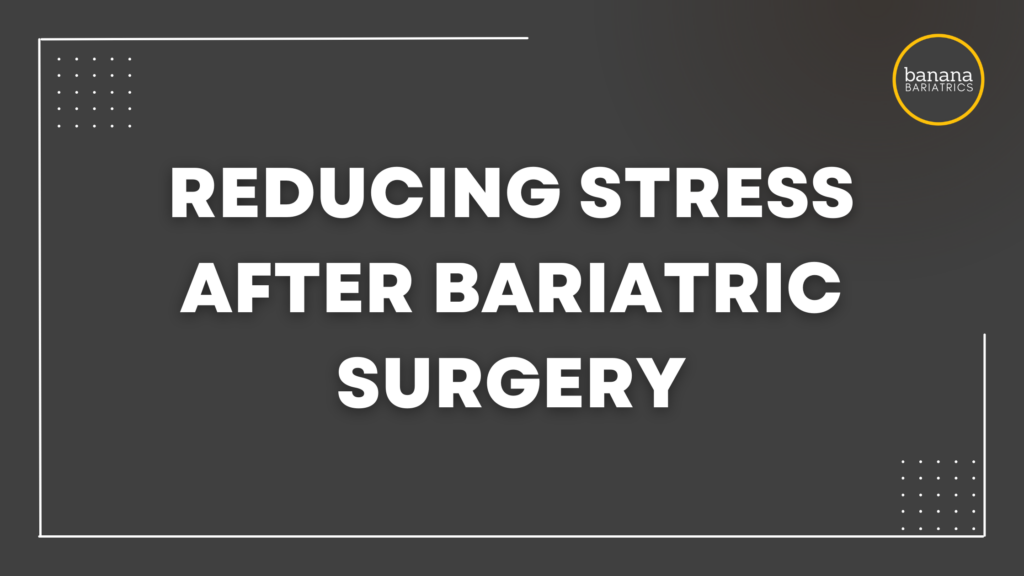
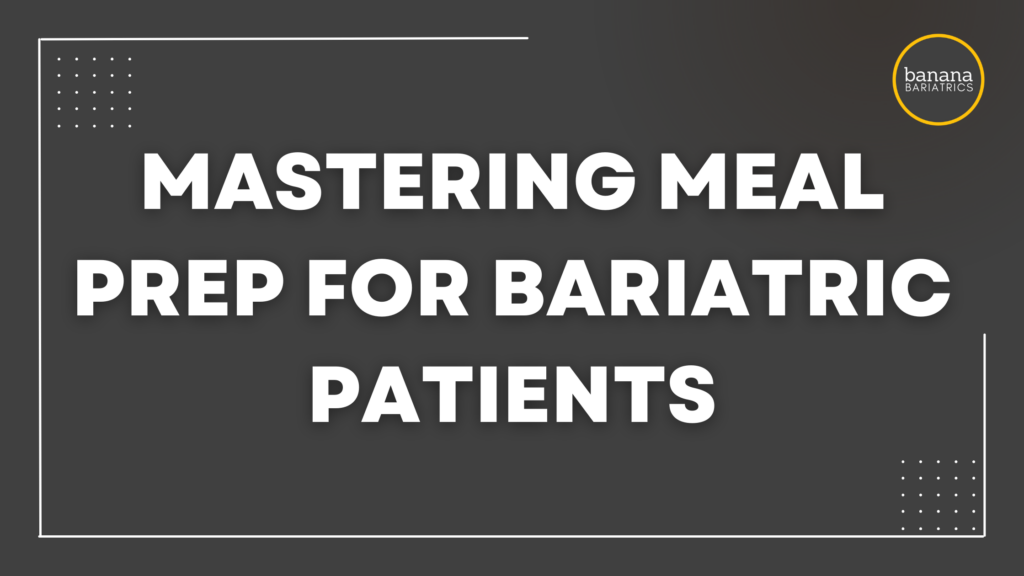
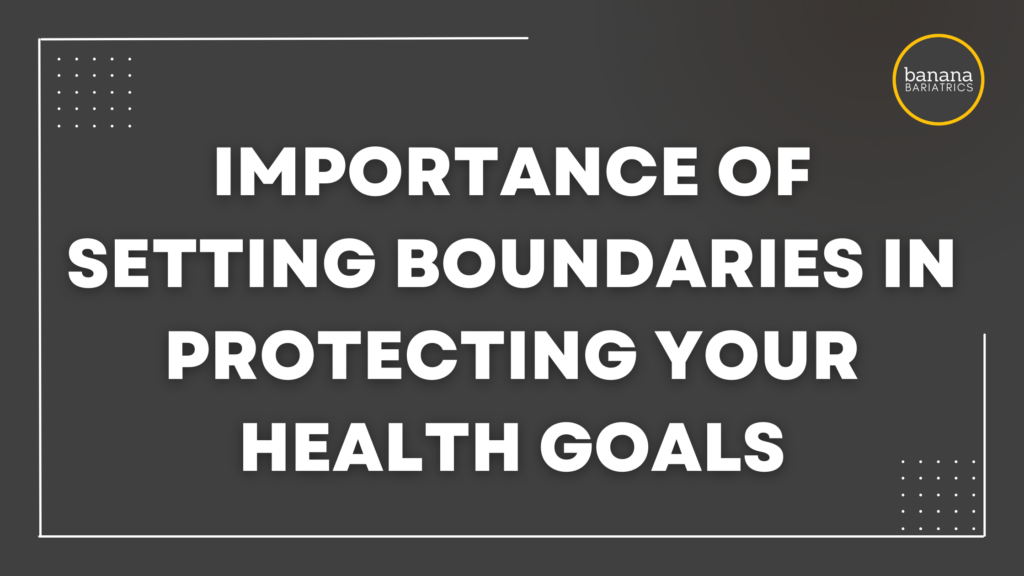
Responses